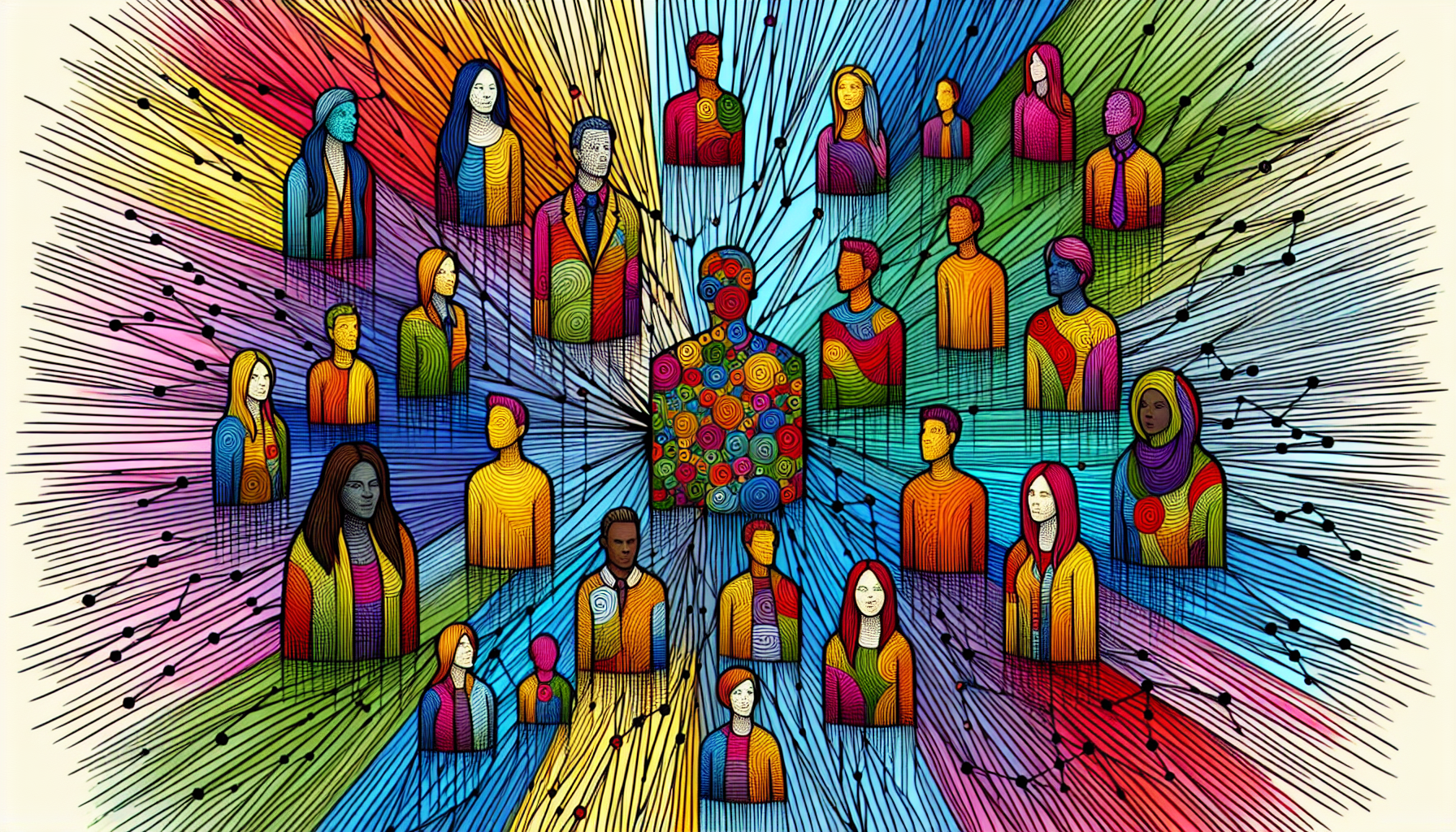The Secret Lives of Urban Monkeys

Monkeys are exceptional survivors, demonstrating an impressive ability to adapt to urban life. Species such as macaques, capuchins, and squirrel monkeys have been observed navigating the complexities of city living. Their intelligence and resourcefulness are on full display as they exploit human food sources, scavenging through garbage bins or stealing snacks from unsuspecting tourists. For instance, in New Delhi, India, Rhesus macaques have become infamous for their bold antics, which include snatching food from picnickers and engaging in playful interactions with visitors at local temples. These behaviors not only showcase their adaptability but also highlight their capacity to learn from human behaviors and capitalize on available resources. Urban environments also present unique challenges, including traffic hazards and limited green spaces. Monkeys have developed strategies to mitigate these risks; they often cross roads in groups, using their social structures to enhance safety. The social dynamics within monkey troops are vital for their survival, as cooperation and communication are essential in navigating urban dangers. For example, adult males may take on protective roles, guiding younger monkeys across busy streets and keeping watch for potential threats.
Interactions with Humans
The interaction between urban monkeys and humans can evoke a range of emotions, from amusement to frustration. Many people find joy in observing monkeys as they play and explore their surroundings. However, conflicts can arise when monkeys become too habituated to human presence, leading to aggressive behaviors in their quest for food or territory. In Ubud, Bali, for example, the local long-tailed macaques have become accustomed to tourists feeding them, resulting in a cycle of dependency that alters their natural behaviors and can provoke confrontations. These interactions highlight the importance of responsible tourism and the need for educating the public about not feeding wild monkeys, as this can lead to negative consequences for both parties. Nevertheless, these interactions also provide opportunities for education and awareness. Communities can engage in initiatives that promote coexistence, such as establishing designated feeding areas or creating public awareness campaigns that emphasize the importance of respecting wildlife. By fostering a mutually beneficial relationship, both humans and monkeys can thrive in shared urban environments.
Challenges in Urban Environments
Despite their adaptability, urban monkeys face numerous challenges that threaten their survival. Habitat loss due to urban expansion reduces their natural foraging grounds, while pollution poses significant health risks. Additionally, the stress of living in close proximity to humans can lead to behavioral changes, including increased aggression and anxiety. Conservation efforts play a crucial role in addressing these issues. Organizations worldwide are working to implement measures that protect urban monkey populations, such as creating wildlife corridors that connect fragmented habitats and promoting responsible tourism practices. For instance, in some cities, local governments have established monkey monitoring programs to track populations and assess their health over time, ensuring that interventions can be made when necessary. One successful initiative was implemented in Sri Lanka, where urban monkey populations were studied to better understand their behaviors and interactions with humans. The findings led to the development of community-based conservation strategies that minimized human-wildlife conflict while promoting the welfare of the monkeys.
The secret lives of urban monkeys reveal a captivating narrative of resilience and adaptation. As they navigate the complexities of city life, these intelligent creatures provide valuable insights into the interplay between wildlife and human society. By understanding their behaviors and the challenges they face, we can foster a more harmonious coexistence and ensure that urban monkeys continue to thrive in the evolving landscapes of our cities. Ultimately, the story of urban monkeys is not just one of survival; it serves as a testament to the enduring connection between humans and the natural world. As urbanization continues to reshape our planet, it is imperative that we prioritize conservation efforts and promote coexistence, ensuring that both urban monkeys and human communities can flourish together.
Urban Wildlife Biologist
Core Responsibilities
Conduct research on urban wildlife populations, focusing on their behaviors and interactions with human environments.
Develop and implement conservation strategies to protect urban species, including habitat restoration and public education initiatives.
Collaborate with local governments and organizations to monitor wildlife health and population dynamics.
Required Skills
Strong background in ecology or wildlife biology, with experience in urban environments.
Proficiency in data collection and analysis, including GIS (Geographic Information Systems) for tracking animal movements.
Excellent communication skills for engaging with the public and stakeholders.
Common Employers
Environmental NGOs
city parks and recreation departments
wildlife conservation organizations
Human-Wildlife Conflict Specialist
Core Responsibilities
Assess and mitigate conflicts between urban wildlife and human communities, focusing on education and preventive measures.
Design and implement community outreach programs to promote coexistence and responsible behavior around wildlife.
Monitor and evaluate the effectiveness of conflict resolution strategies and adjust programs as necessary.
Required Skills
Background in environmental science, wildlife management, or a related field.
Strong interpersonal skills and experience in community engagement or conflict resolution.
Knowledge of local wildlife behavior and ecology, particularly in urban settings.
Common Employers
Wildlife conservation organizations
government agencies
educational institutions
Urban Ecologist
Core Responsibilities
Study the interactions between urban environments and native wildlife, focusing on habitat use and resource availability.
Analyze the impacts of urbanization on biodiversity and develop strategies to enhance urban green spaces.
Work with urban planners to incorporate ecological principles into city development projects.
Required Skills
Advanced degree in ecology, environmental science, or a related discipline.
Experience with ecological modeling and statistical analysis tools.
Ability to collaborate with multidisciplinary teams, including urban planners and community stakeholders.
Common Employers
Research institutions
government environmental agencies
urban planning firms
Conservation Educator
Core Responsibilities
Develop educational programs and materials to raise awareness about urban wildlife and conservation issues.
Facilitate workshops and community events that promote coexistence and responsible wildlife interactions.
Collaborate with schools and local organizations to integrate wildlife education into curricula.
Required Skills
Background in education, environmental science, or wildlife conservation.
Strong public speaking and presentation skills, with experience in curriculum development.
Passion for wildlife conservation and community engagement.
Common Employers
Nonprofit organizations
educational institutions
nature centers
Wildlife Rehabilitation Specialist
Core Responsibilities
Provide medical care and rehabilitation for injured or orphaned urban wildlife, including monkeys and other species.
Work with veterinarians to assess animal health and formulate treatment plans.
Educate the public on wildlife rehabilitation practices and the importance of conservation.
Required Skills
Degree in wildlife biology, veterinary technology, or a related field.
Hands-on experience with animal care and rehabilitation techniques.
Strong communication skills for educating the public and collaborating with other conservation professionals.
Common Employers
Wildlife rehabilitation centers
veterinary clinics
conservation organizations


